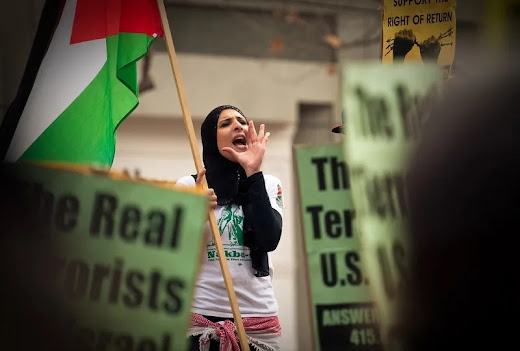On November 18, the President of the University of Alberta, William Flanagan, decided, in response to a campaign launched by the Jewish Federation of Edmonton, a Zionist organization, to fire the director of the Sexual Assault Crisis Centre (SACC) at the university. The ostensible reason was that she had, without authorization, “endorsed an open letter.” Flanagan’s statement did not identify the letter. Nor did it specify what element of it was considered “antisemitic”—a link clearly made in the second paragraph of the president’s statement. The official characterization of this letter as antisemitic, and the firing of the director on these purported grounds, put wind in the sails of the Zionist organizations demanding the dismissal of all academics who have publicly criticized the state of Israel.
On the same day, President Flanagan issued a statement dissociating the university from an event being planned by Students for Justice in Palestine, and implying that the event (a vigil for the dead), posed some kind of threat to “the safety of our campus community.”
The president’s actions have greatly contributed to an environment in which faculty and staff who are not protected by tenure feel at risk for speaking about the genocide that has been unfolding in Gaza since October 7. Many Muslim, Arab, and Palestinian students feel that their solidarity with Palestinians has been cast as antisemitic. What may be less known to the public is that the president’s actions—combined with their endorsement by Alberta Premier Danielle Smith—opened the floodgate to misogynist, anti-Muslim, racist abuse and threats against women at this university.[1] The SACC was temporarily closed because it became unsafe for staff to work on site.[2] But there has been no acknowledgement by the president of these consequences for faculty and staff, particularly for Muslim, Arab, or Palestinian individuals and for women, or for the individuals whose access to the services of the SACC has been curtailed.
What is the story behind these actions, and what can we learn from it about the tactics being used to silence critics of Israel? (more...)
Believing women, believing Palestinians

No comments:
Post a Comment